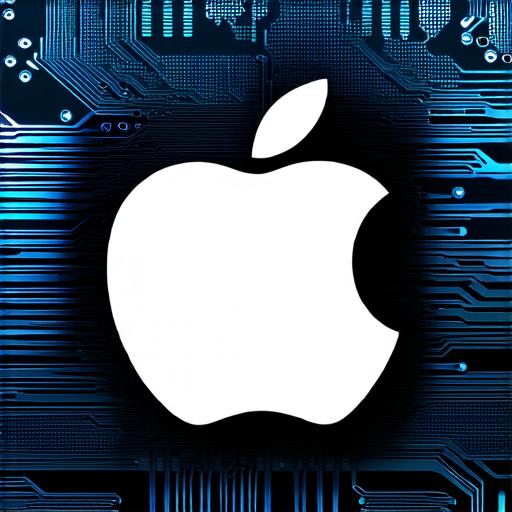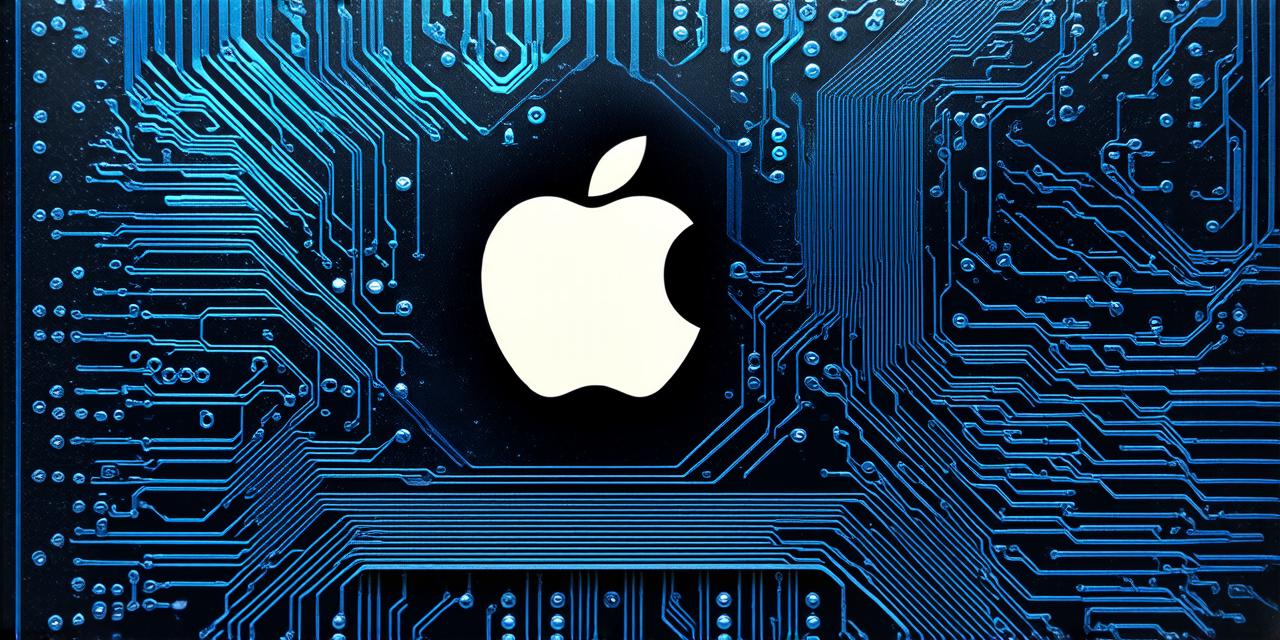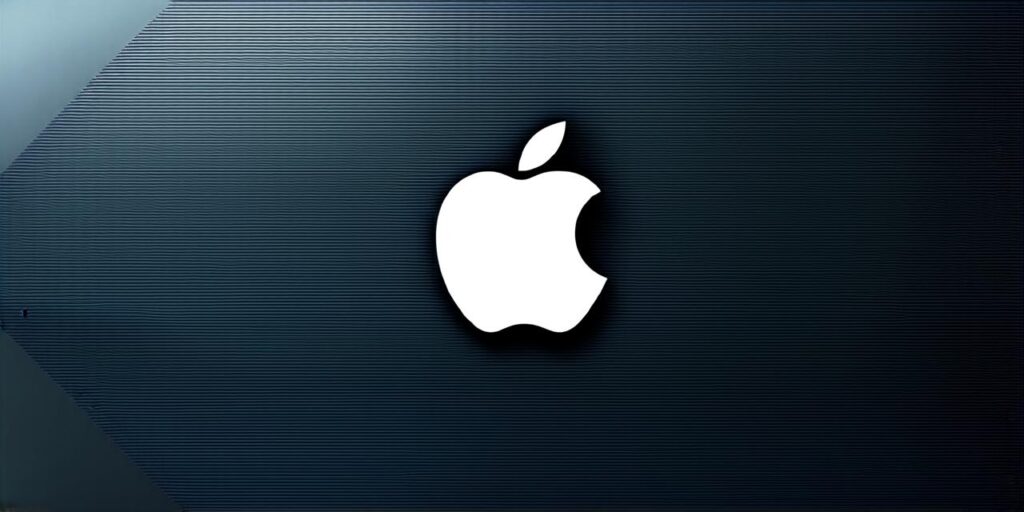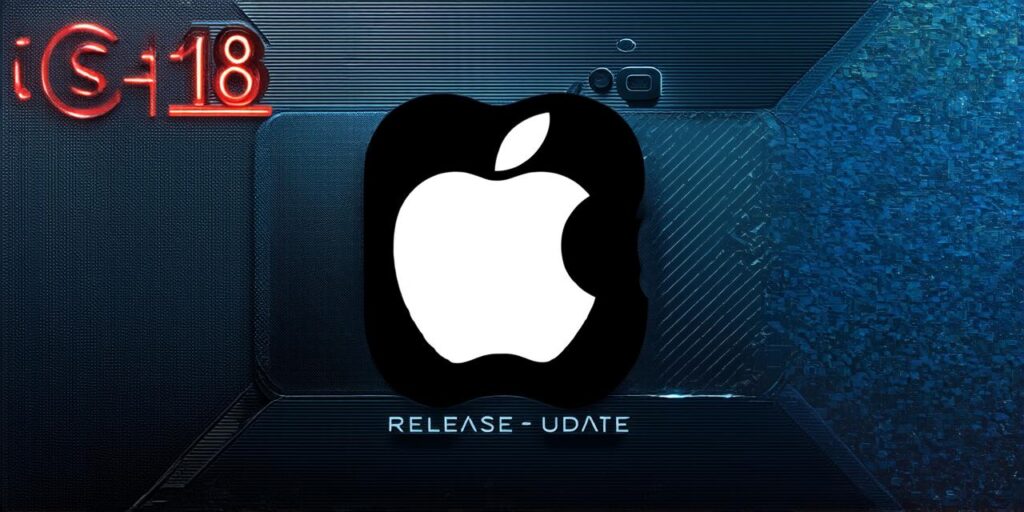If you are an iOS developer or someone interested in technology, you have probably heard of Apple’s operating system, iOS. But have you ever wondered what iOS stands for? In this article, we will unravel the mystery behind Apple’s OS and explore its features and capabilities.
What is iOS?
iOS is a mobile operating system developed by Apple Inc. It was first introduced in 2007 with the launch of the iPhone, and since then, it has become the primary platform for Apple’s smartphones and tablets. iOS is designed to provide a seamless user experience by integrating various hardware and software components, such as touchscreens, cameras, sensors, and applications.
The Meaning Behind iOS
So, what does iOS stand for? The answer is quite simple – it stands for “iPhone Operating System”. Apple chose this name because the iPhone was the first device that ran on this operating system. However, as iOS evolved and became more popular, Apple started using it as a catch-all phrase to refer to its mobile operating system, regardless of the device it ran on.

Features and Capabilities of iOS
Now that we know what iOS stands for, let’s take a closer look at its features and capabilities. Some of the key features of iOS include:
User Interface
iOS has a simple and intuitive user interface (UI) designed to make it easy for users to navigate and interact with their devices. It uses a combination of touchscreens, gestures, and voice commands to provide a seamless user experience. The UI is highly customizable, allowing users to personalize their device’s appearance and functionality.
Security
iOS is known for its strong security features, which are designed to protect user data and prevent unauthorized access. Some of the key security features of iOS include:
- Touch ID or Face ID for biometric authentication
- Encryption of all data on the device
- Automatic updates to fix security vulnerabilities
- Secure Enclave for sensitive data storage
App Store
The App Store is a key feature of iOS that allows users to download and install third-party applications. The App Store has a vast selection of apps, ranging from productivity tools to games and entertainment. Apple’s strict app review process ensures that all apps meet high quality standards and are safe for users to download.
Siri
Siri is Apple’s virtual assistant that uses natural language processing (NLP) and machine learning algorithms to understand and respond to user queries. It can perform a wide range of tasks, including sending messages, making phone calls, setting reminders, and even answering general knowledge questions.
Hardware Integration
iOS is tightly integrated with Apple’s hardware, such as the iPhone’s camera, sensors, and other features. This integration allows for seamless communication between the software and hardware, resulting in a smooth user experience.
Case Study: Developing an iOS App
Let’s take a look at a real-life example of developing an iOS app. Suppose you are a developer working on an app that helps people track their daily water intake. Here are the steps you would need to follow:
- Plan and design the app: You would start by brainstorming ideas for the app, defining its features and functionality, and creating wireframes and mockups of the UI.



